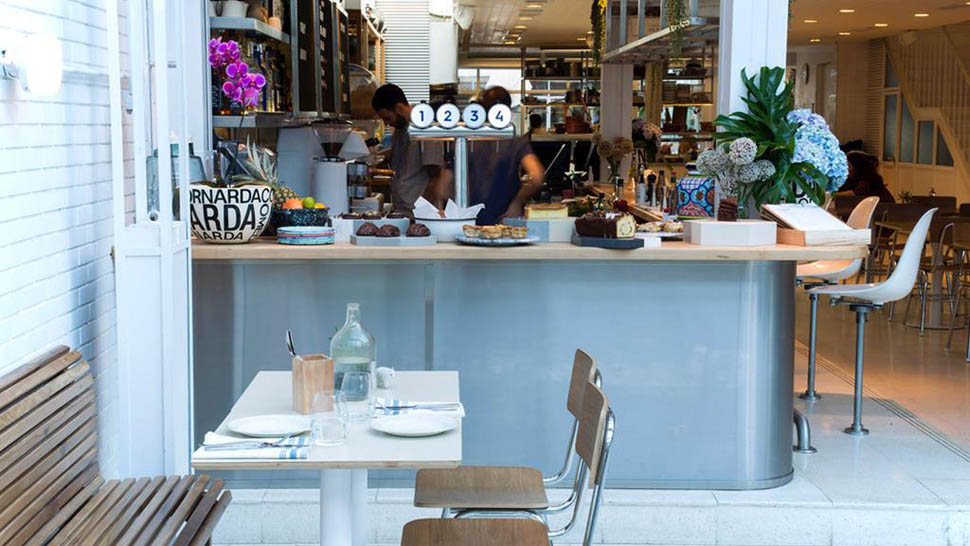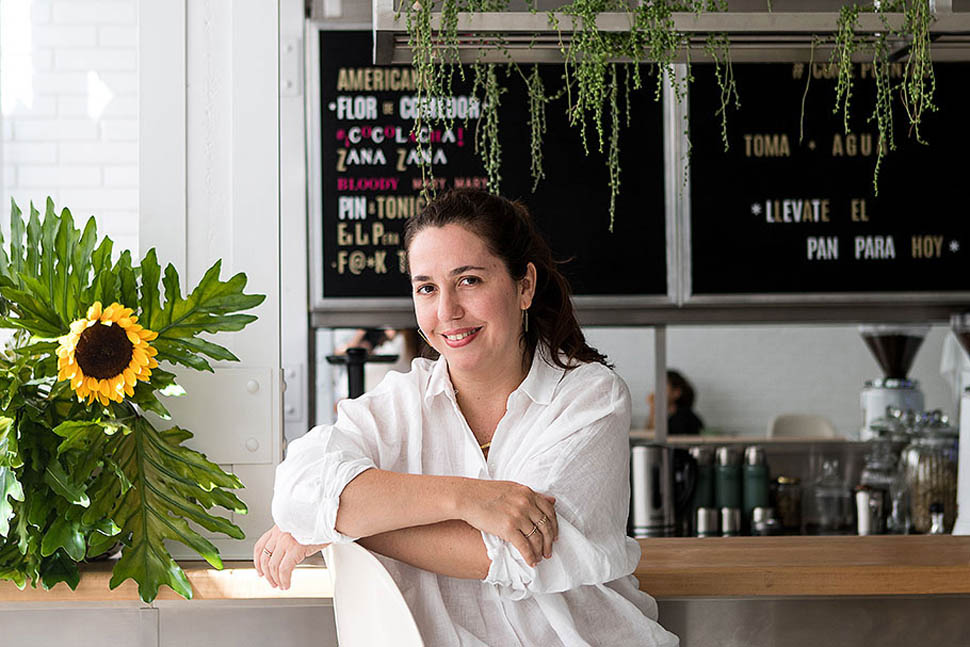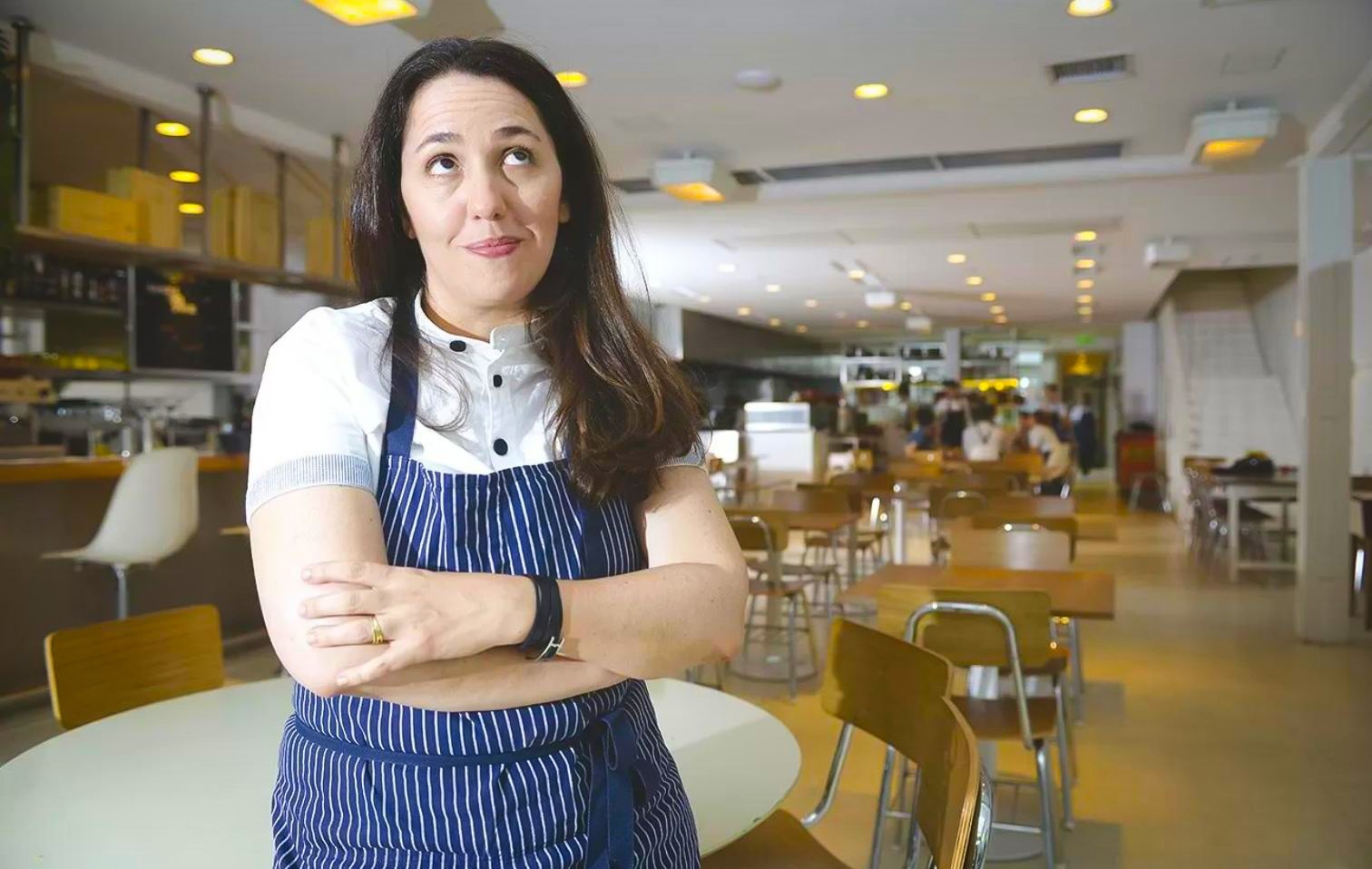"The older ones take the right time to get to know the customers." Narda Lepes explains the dynamics of her team led by waitresses over 60.
The chef
Narda Lepes, voted the best chef in Latin America in 2020 by The World’s 50 Best Restaurants, hires women over 60 to manage her restaurant floor. She has no intention of reversing this intriguing choice: already in 2020, she opted for this hiring criterion, and she remains convinced today that the experience and conversational skills of “mature” women are unparalleled. "The older ones take the right time to get to know the customers," she tells La Vanguardia.

“The idea came to me while observing my aunt: I saw her so eager to leave the house, to be active, that I thought: this must be a common need. Not surprisingly, all my senior waitresses get up early and are eager to work. When we get younger staff, they don’t pay as much attention to the diners. So, it’s good for them to learn from those with more experience.”

This approach not only values the skills of women with long careers but also creates an intergenerational work environment that Lepes considers extremely positive. Besides running the famous Narda Comedor restaurant in Buenos Aires, Narda demonstrates how one can be both a professional and a tireless advocate for women’s rights in the workplace.

For young “underprivileged” women in Argentina, accessing a professional kitchen is a challenging path. They often start as dishwashers and, unlike men, hesitate to showcase their culinary skills. To fight this disparity, Narda has also thought of them: she created a scholarship similar to that of chef Elena Reygadas in Mexico, with courses that not only teach culinary techniques but also crucial interpersonal skills needed to thrive in a work environment.

Lepes openly criticizes the new economic policies of the Argentine government, led by Javier Milei. The skyrocketing prices make daily life unsustainable for many citizens. "When there is hunger, there is no peace," she says, highlighting how poverty has drastically increased in a short time. Economic difficulties have made travel and other basic activities impossible, severely impacting the quality of life. "We need to create clear communication systems in the workplace," she suggests, proposing the presence of reference figures with whom employees can speak freely.

At a time when many young people are returning to the kitchen out of economic necessity, Lepes sees her mission not only as a chef but as a mentor and supporter of a new generation of cooks, whether they are young or not.











